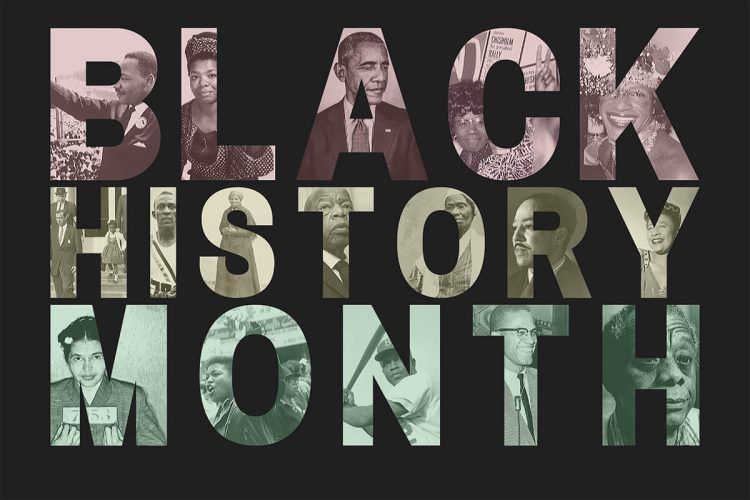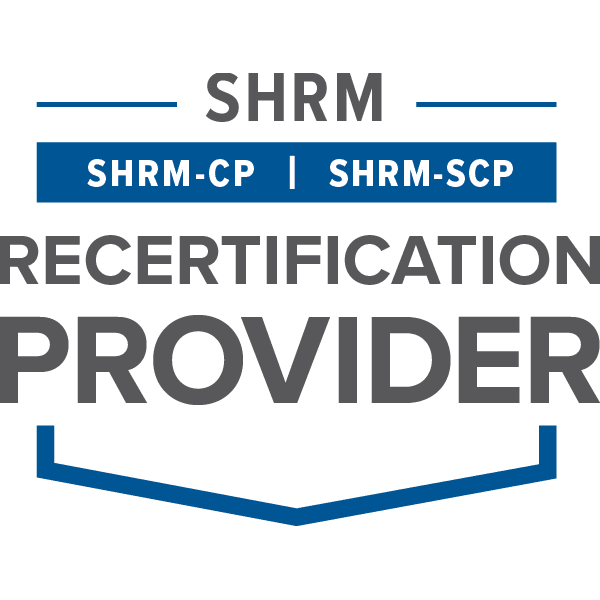Affirmative Action
Affirmative Action: Changes and a Way Forward.

Affirmative Action in 2023
Affirmative action continues to be a topic of debate and legal challenge, with several supreme court rulings shaping its implementation. This legislation will continue to be a crucial tool in promoting diversity and inclusivity in organizations and institutions. Affirmative action is defined by proactive programs and strategies designed to provide opportunities for women, people of color, and other marginalized groups in employment, education, and business. These programs and strategies aim to address the effects of past discriminatory practices and promote diversity and equal opportunity. Historically and more recently, racial bias and discrimination in institutions of higher education have come under scrutiny in the courts and have led to important legal decisions that have shaped the way affirmative action is implemented. The supreme court ruling stated that colleges and universities could consider race as a factor in their admissions process, if not the sole determining factor. This decision marked a significant shift in the understanding of affirmative action, as it affirmed the continued need for diversity and recognized that race can be one factor among many in creating a diverse and inclusive educational environment. It is important to recognize the potential benefits of affirmative action in reducing inequality and promoting diversity. Colleges and universities have embraced the importance of diversity in their admissions processes, recognizing that a diverse student body enhances the educational experience for all students.
The Way Forward for Organizations/Companies/Institutions
In moving forward with affirmative action in 2023 and beyond, it is crucial to continue educating the public about its true purpose and dispel misconceptions that surround it. It is essential to emphasize that affirmative action looks to level the playing field and promote equal opportunities for underrepresented groups, rather than giving preferential treatment. To achieve the goals of affirmative action in 2023, organizations and institutions should also focus on implementing diversity programs designed to drive inclusion. These programs may include hosting employee networking events, developing mentorship initiatives, and providing diversity training to cultivate appropriate antidiscrimination behaviors. Additionally, organizations should incorporate diversity metrics to measure the effectiveness of their diversity programs and ensure that promotion and hiring levels of minorities and traditionally underrepresented groups are increased. Implementing these initiatives strategically and accounting for local demographic and logistical considerations is essential. By taking a proactive approach to affirmative action and considering the unique needs of their respective communities, organizations can create meaningful opportunities for individuals from diverse backgrounds. In summary, affirmative action in 2023 should shift its focus to implementing strategies such as quotas for women in top positions, dedicated sponsorship programs, and social policies. Through these changes, it is hoped that affirmative action can better serve its purpose of promoting inclusivity and equal opportunities for all.
At Diverse Talent LLC, it is necessary for us to continue to collaborate with various stakeholders, including businesses, community organizations, and policymakers, to develop comprehensive strategies that promote diversity and equal opportunity. And we will continue advocating for policies that support affirmative action at both the state and federal levels. By working together and committing to creating a more inclusive society, we can ensure that affirmative action continues to play a vital role in addressing historical inequalities and promoting a more just and equitable society/business environment.




